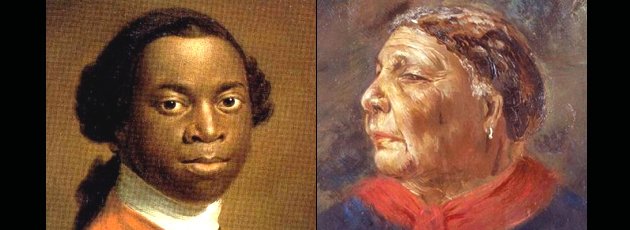- Home
- News & Blogs
- About Us
- What We Do
- Our Communities
- Info Centre
- Press
- Contact
- Archive 2019
- 2015 Elections: 11 new BME MP’s make history
- 70th Anniversary of the Partition of India
- Black Church Manifesto Questionnaire
- Brett Bailey: Exhibit B
- Briefing Paper: Ethnic Minorities in Politics and Public Life
- Civil Rights Leader Ratna Lachman dies
- ELLE Magazine: Young, Gifted, and Black
- External Jobs
- FeaturedVideo
- FeaturedVideo
- FeaturedVideo
- Gary Younge Book Sale
- George Osborne's budget increases racial disadvantage
- Goldsmiths Students' Union External Trustee
- International Commissioners condemn the appalling murder of Tyre Nichols
- Iqbal Wahhab OBE empowers Togo prisoners
- Job Vacancy: Head of Campaigns and Communications
- Media and Public Relations Officer for Jean Lambert MEP (full-time)
- Number 10 statement - race disparity unit
- Pathway to Success 2022
- Please donate £10 or more
- Rashan Charles had no Illegal Drugs
- Serena Williams: Black women should demand equal pay
- Thank you for your donation
- The Colour of Power 2021
- The Power of Poetry
- The UK election voter registration countdown begins now
- Volunteering roles at Community Alliance Lewisham (CAL)
We’ve won ! - Mary Seacole, Olaudah Equiano
Thanks to nearly 36,000 signatories, letters to the Secretary of State for education, politicians, unions, writers and activist, today we celebrate the fact that our children and the next generation of children will be taught about the great exploits of both Mary Seacole and Olaudah Equiano. Furthermore, the importance of diversity within our education system, particularly in history will now be greatly valued.
Back in December a leaked document suggested that Equiano and Seacole be scrapped from the Curriculum.
Simon Woolley stated:
'This is a great day for education, but also a great day for the Black community and many others who demanded greater racial justice within our education system. There are too many people to thank personally but, The Voice, The Times, The Guardian, The Independent, and Change.org all threw their considerable weight behind this campaign. Seacole and Equiano would both be saying our spirits fantastically live on with todays activist."
Responding to the campaign, Secretary of State Michael Gove wrote personally to OBV and campaigenrs stating:
We are lucky to be heirs to a very rich mix of exceptional thinkers, bold reformers and courageous political activists. I agree that is important that our children learn about difference that these figures have made, and it is right that we do more, not less to make subjects relevant to the lives of our children.'
Professor Elizabeth Anionwu, Emeritus Professor of Nursing, said,
'Thanks to all 36,000 people who signed the Operation Black Vote Petition. Mary Seacole AND Olaudah Equiano & Florence Nightingale are all cited in Key Stage 3 of the proposed national curriculum. Brilliant, just brilliant!'
Zita Holbourne of BARAC stated,
'This campaign just goes to show that if we stand our ground, stick together and assert our collective 'People Power' we succeed.'
Notes for editors:
Notes in todays Government consultation document.
- Britain's social and cultural development during the Victorian era, including: the changing role of women, including figures such as Florence Nightingale, Mary Seacole, George Eliot and Annie Besant
- The slave trade and the abolition of slavery, the role of Olaudah Equiano and free slaves
